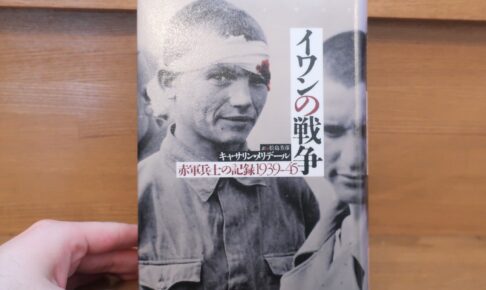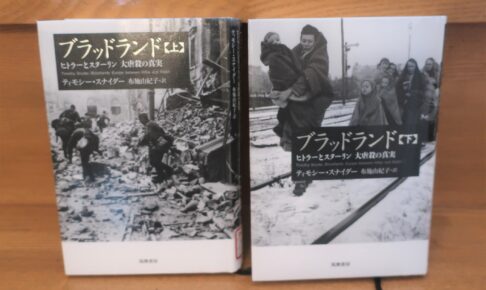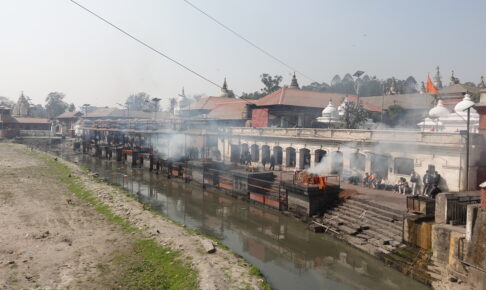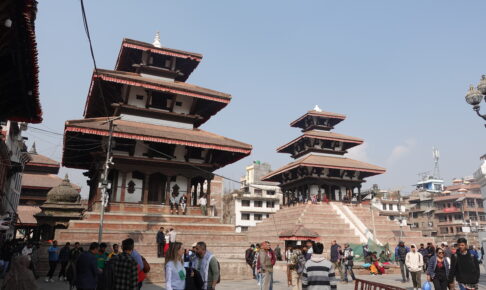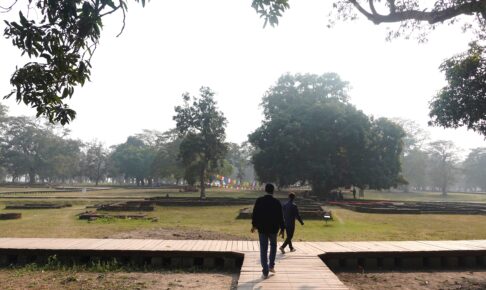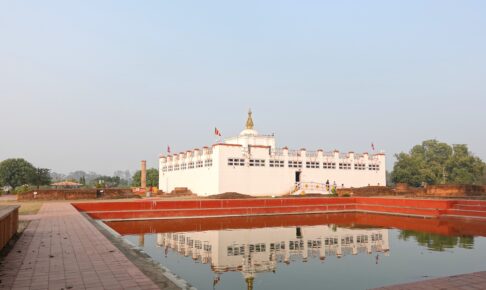(3) Soviet manpower tactics and deadly assault: What is the "Ullah! on the battlefield
Kill after kill, one after another, they charge at you without fear of death. There is no greater fear than this.
The reckless assault is devastating, and the Soviet soldiers retreat, but to their surprise, the Soviet command now slaughters the retreating soldiers.
In the Soviet army, retreat was not an option. As I will show later, there was an ironclad order to fight to the death. Therefore, soldiers who withdrew and returned were killed as a violation of military regulations.
Soviet soldiers were overrun by Nazi soldiers, and if they fled, they would in turn be killed by Soviet troops.
Thus, the bodies of countless soldiers on the front lines were piled up one after another. With the cry of "Ullah! was the cry of the soldiers as they were being carried out by sea.












